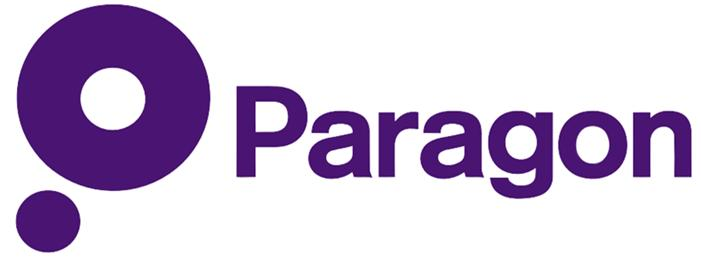
In April 2020, the Gazette carried an article titled “Many high street law firms face collapse, research suggests”. The article quoted “alarming” Law Society research suggesting that thousands of firms might shut due to the Covid-19 crisis. Although clearly aimed at lobbying the government for help, the study and publicity it gained reached a far wider audience.
I’m happy to say that the Law Society’s predictions have not materialised. From personal experience, our clients have shown remarkable resilience in adopting new working practices and weathering the financial challenges that the pandemic has ushered, but looking at the research contemporaneously, it’s unsurprising that it started alarm bells ringing.
Due to its commercial sensitivity, insurers are reluctant to publish results relating to individual business lines. Still, it’s a poorly kept secret that firms in run-off represent a challenge in terms of unpaid premium and excesses. Faced with a prediction of unprecedented numbers of firms closing, it’s hardly unexpected that some insurers sought to secure payments by using personal guarantees from the partners.
For the benefit of those readers who have not been asked to provide personal guarantees, the situation is pretty straightforward. Partners jointly or severally undertake to pay all monies due under the insurance policy, whether they are premium or excesses. Given that run-off premiums alone are around 300% of the annual trading premium figure, the sums involved can be substantial.
For most insurers requiring guarantees, a separate undertaking document is prepared by the insurer for signature by the partner(s). We are, however, aware that not all insurers’ positions are as clear cut. Rather than using a separate undertaking, some insurers have inserted personal guarantees into their general policy conditions. Where this is the case, we would expect the firm’s insurance broker to highlight the position so that the partners can evaluate the potential impact on their personal finances.
Although it’s easy to understand why insurers might adopt guarantees to protect themselves, especially as, under the Minimum Terms & Conditions, the policy is non-cancellable; guarantees are a blunt instrument. Whether underwriters’ motivation is to secure payments or act as a moral litmus test for the firm, it’s my view that if an insurer has fundamental concerns regarding a firm’s finances, it should decline to quote.
If your insurer requires a separate guarantee, you’ll be all too familiar with this issue. If, on the other hand, your insurer relies on guarantees embedded in its policy conditions, your broker should have specifically alerted you to the wording. In the absence of such an alert, it’s unlikely that your insurers require a guarantee, but it’s well worth asking the question. Alternatively, we’ll be happy to review your quotation for you; if you’d like to take up this offer, please don’t hesitate to contact me.
Janine Parker
Partner and Head of UK Professions
CONTACT US – For more information about Paragon, our tailored indemnity solutions and specialist risk management services, please contact:
Janine Parker
T +44 (0)20 7280 8207
M +44 (0)7920 516303
Ryan Senior
T +44 (0)20 7280 8254
M +44 (0)7827 575 652
This article is published without responsibility on the part of the author or publishers for any loss occasioned by any person acting or refraining from action as a result of any views expressed in the article. Specific risk management advice requires detailed knowledge and analysis of firm and practice area facts relating to the risk. The information included in this article cannot and does not attempt to satisfy this requirement for any of its readers.
